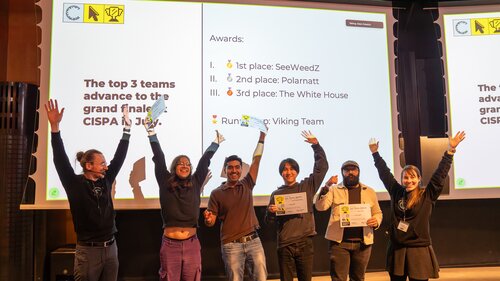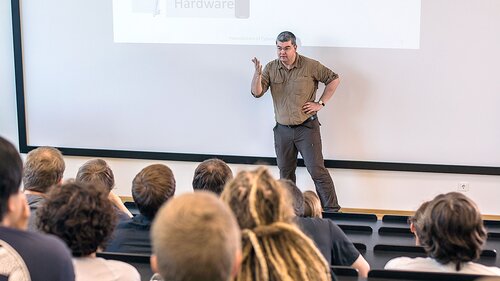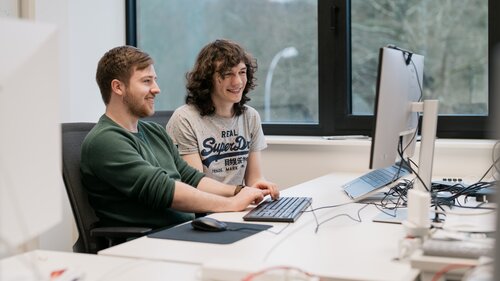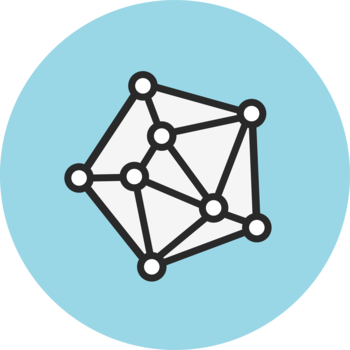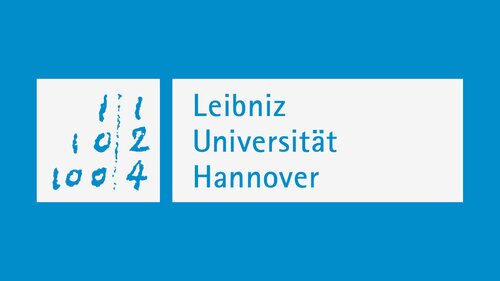
FOR RESEARCHERS
CISPA offers an open, inclusive, and international research environment. Our working language is English and we provide hands-on support with relocation and integration for our international colleagues. Researchers benefit from our excellent infrastructure and services relating to third-party funding, data management and publications. We support the families of our researchers offering, for example, local childcare guidance as well as a dual career service. At CISPA, a vibrant community and six closely connected research areas foster collaboration and networking across disciplines.

FOR EVERYONE
Cybersecurity is a closed book? It doesn’t have to be. We break down our research, show how it applies to everyday life, and make complex topics easier to understand. Check out our print publications, listen to our podcast episodes, or watch videos that highlight our research and values here at CISPA.
